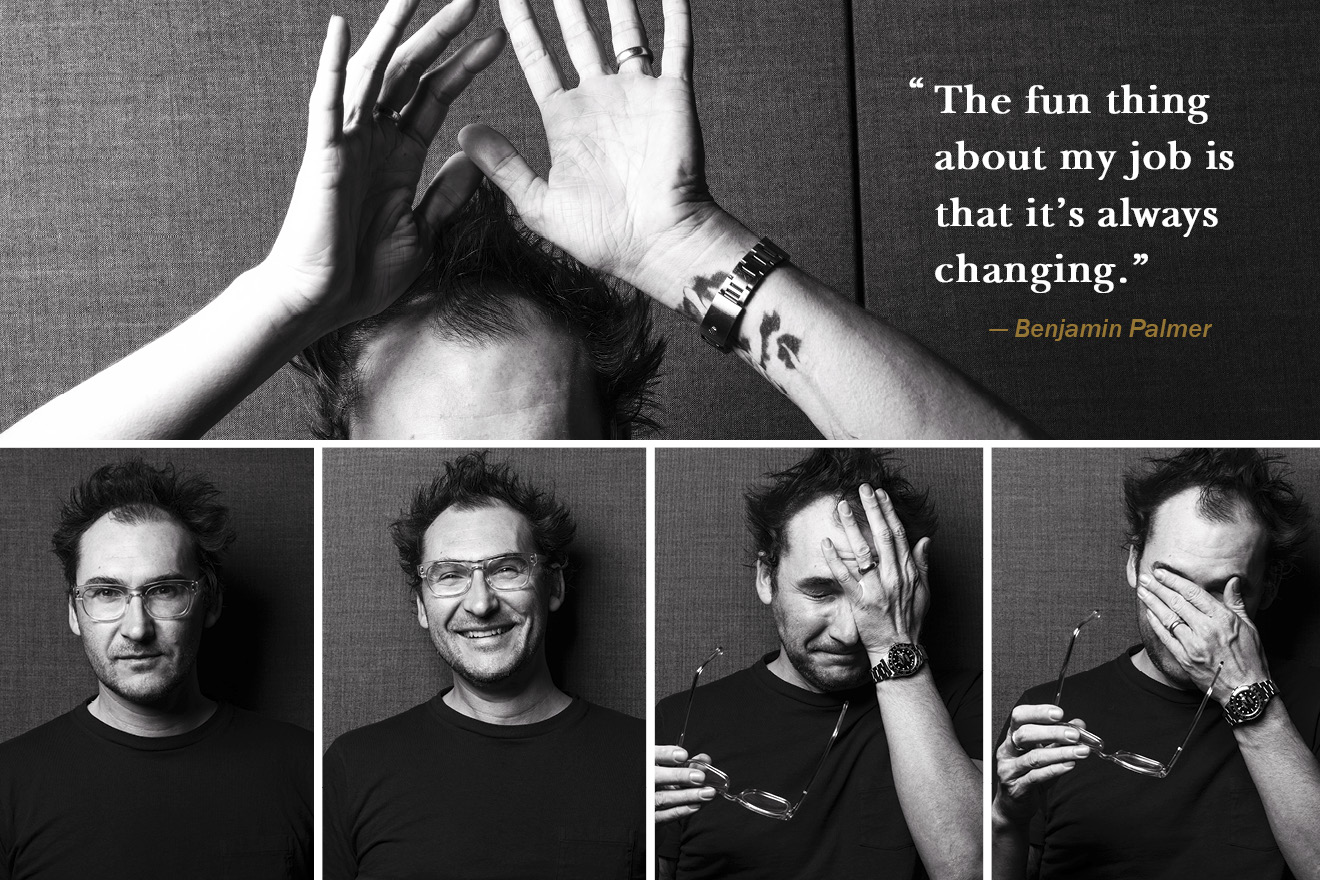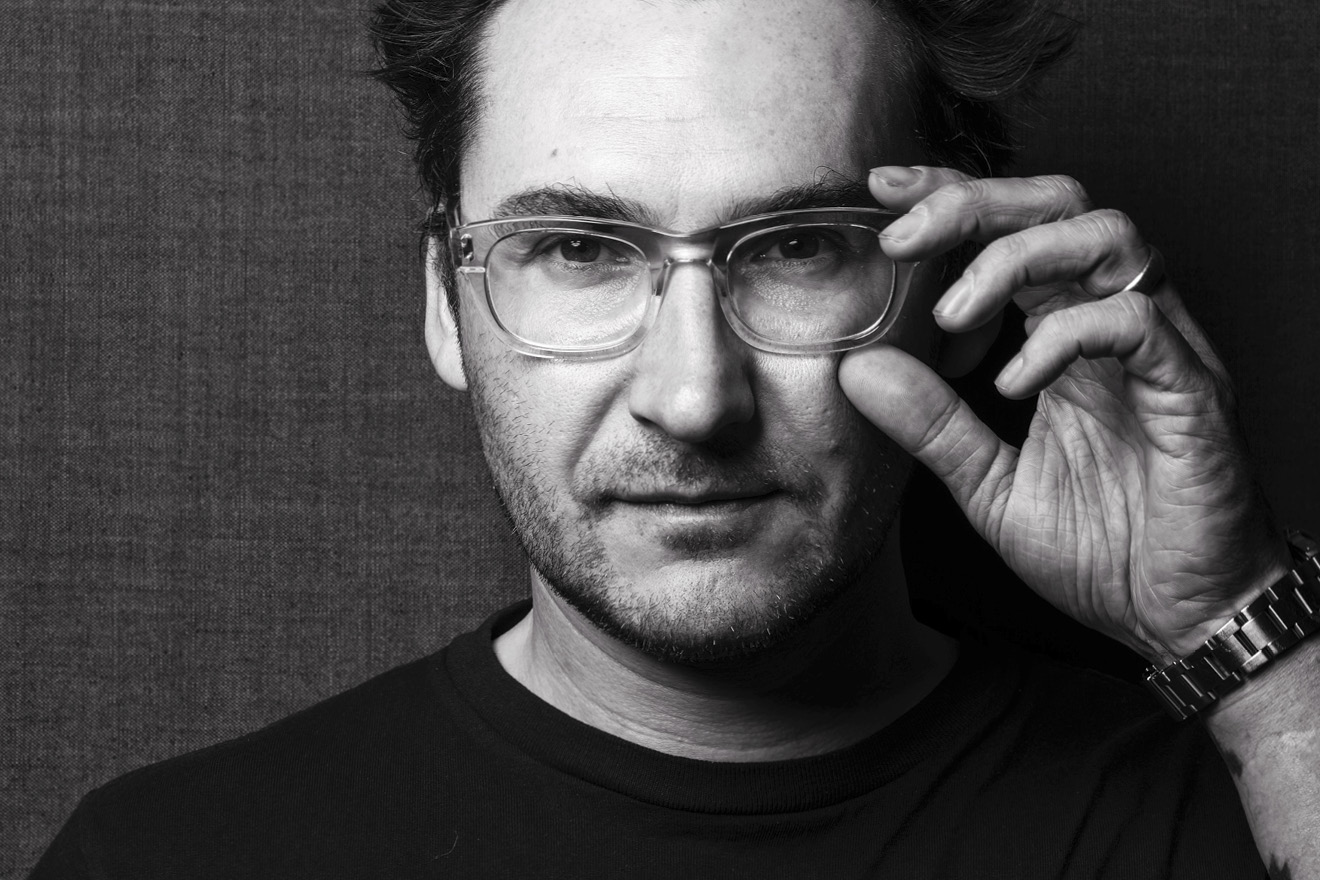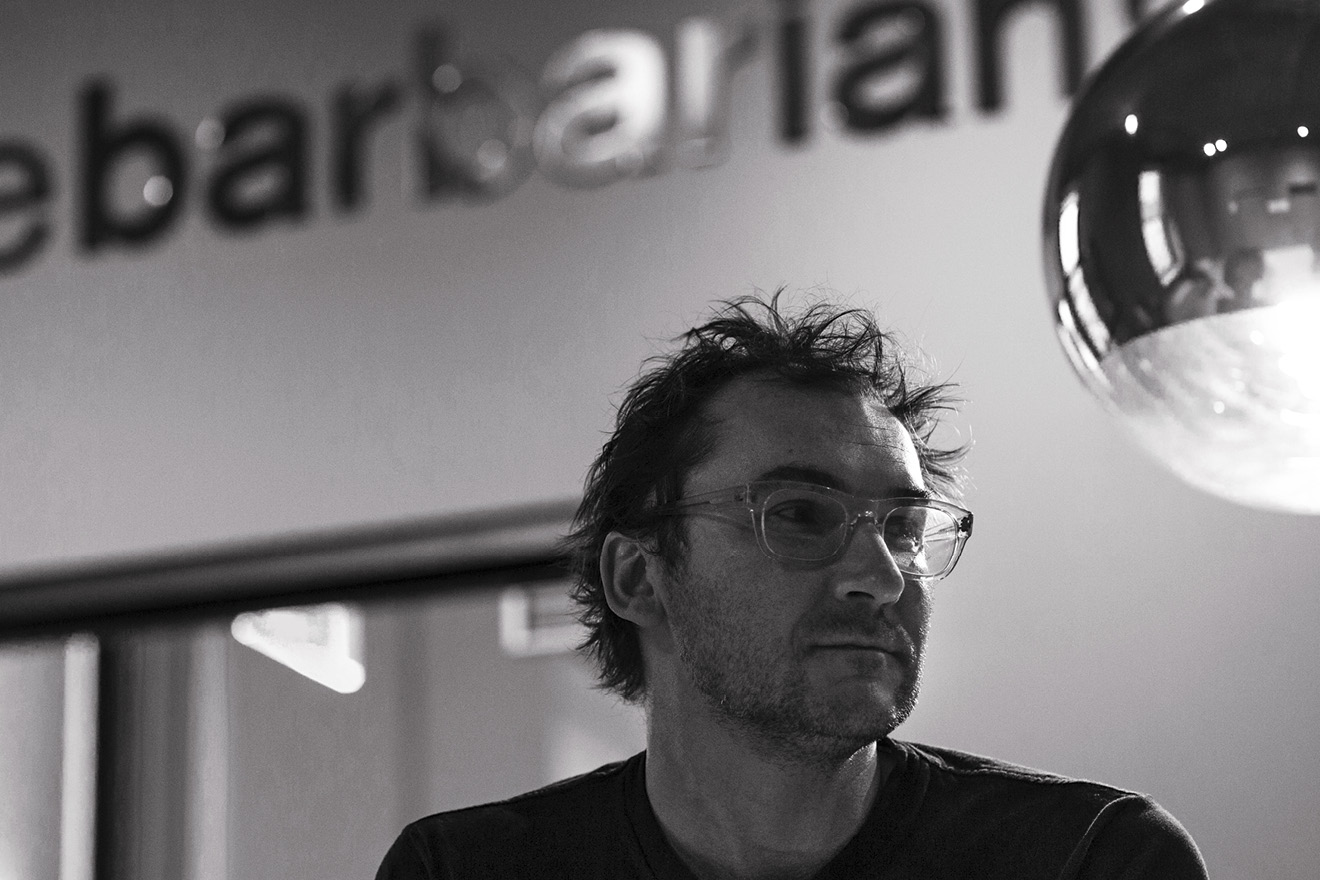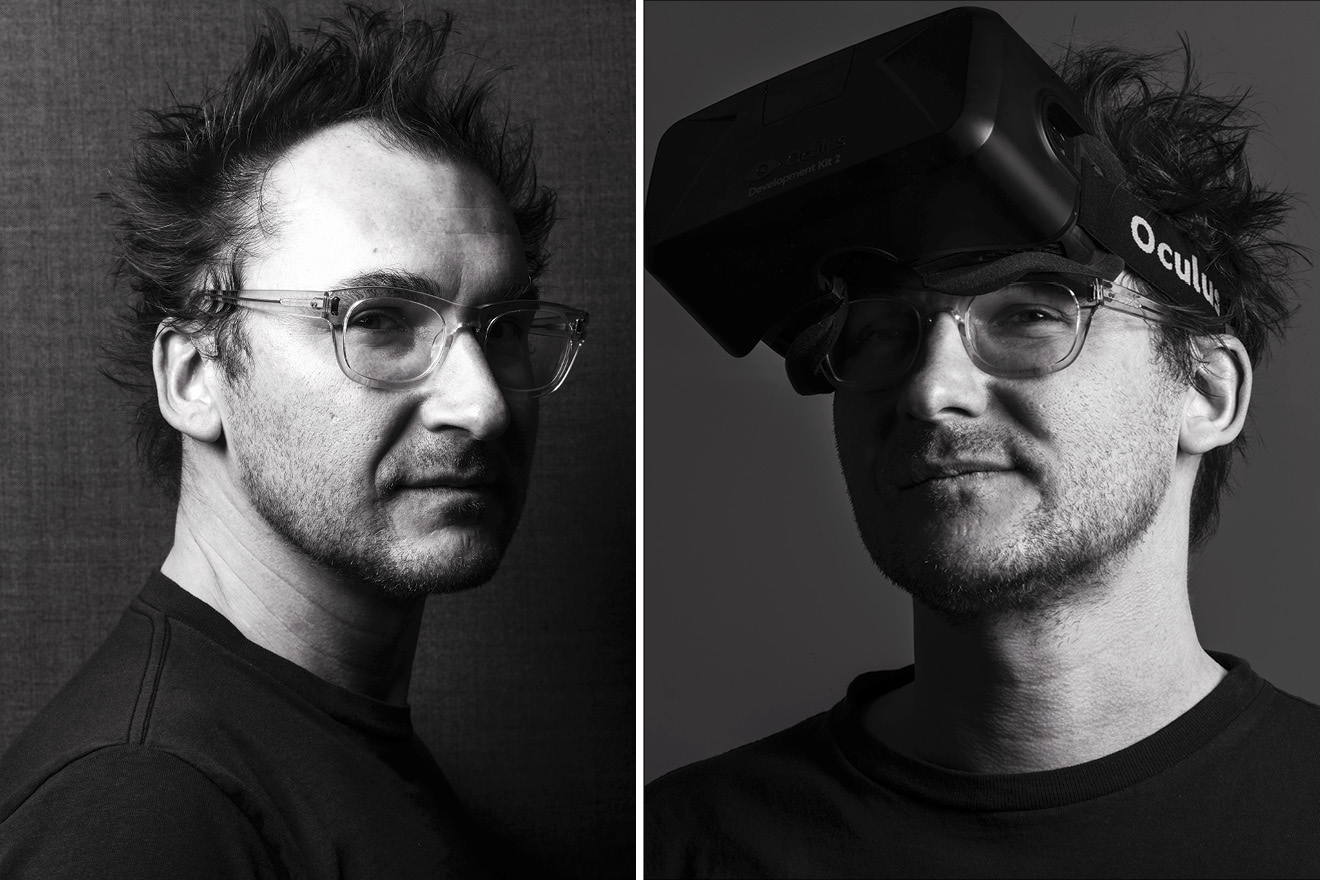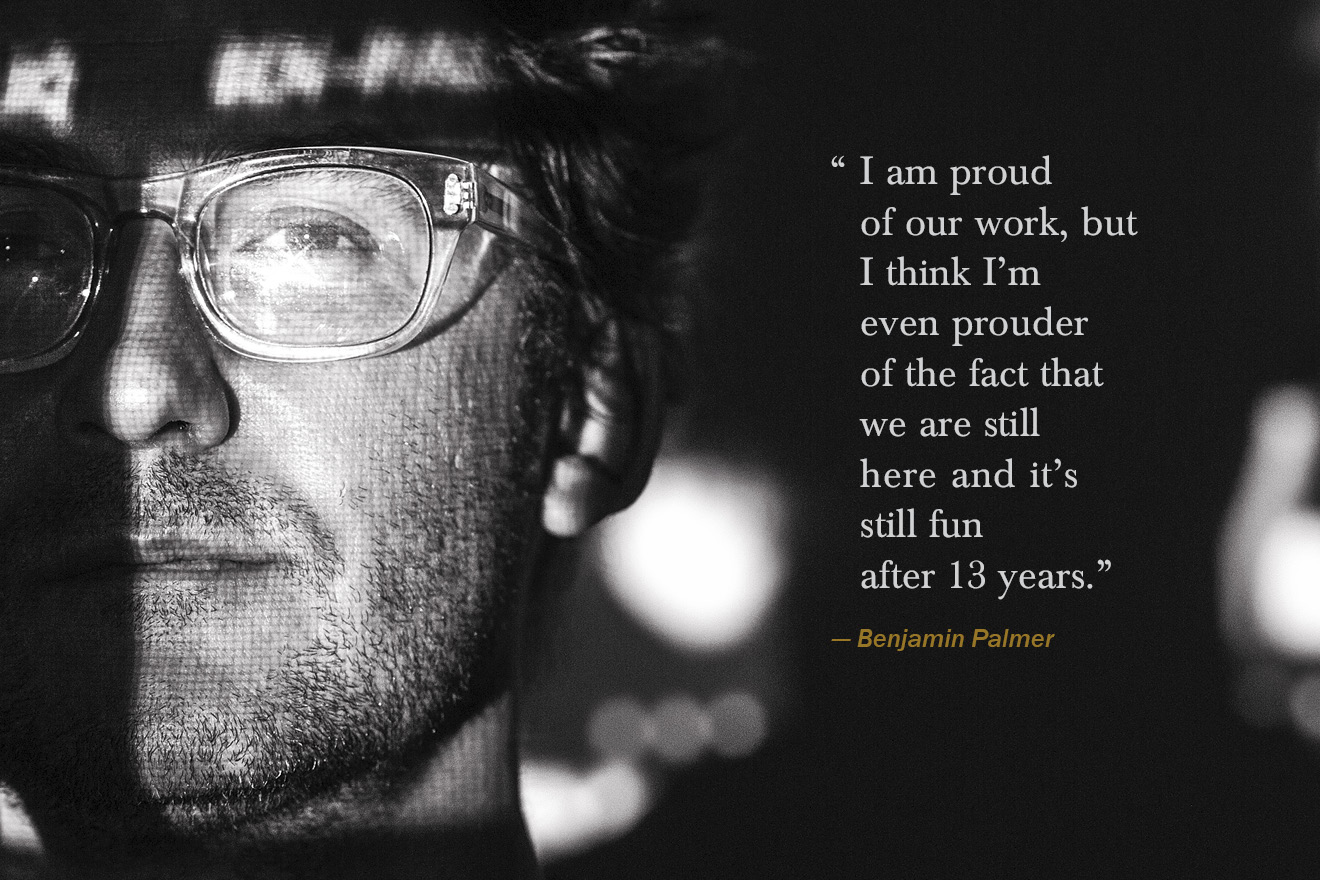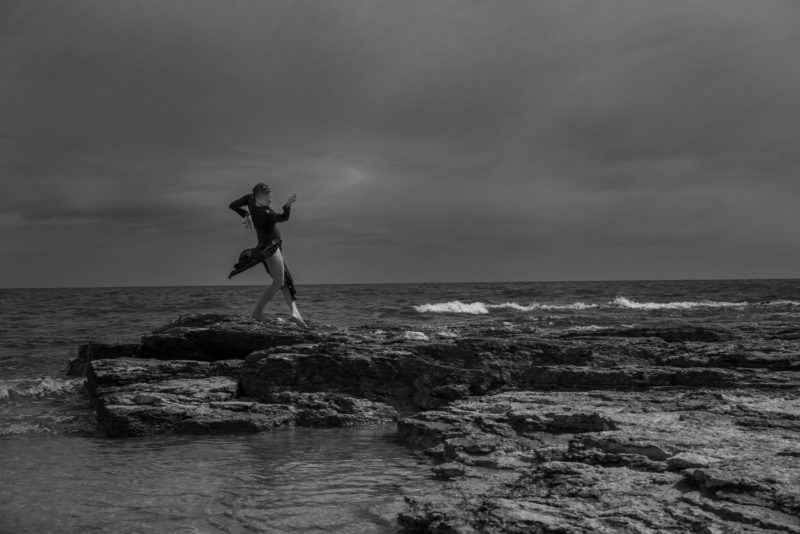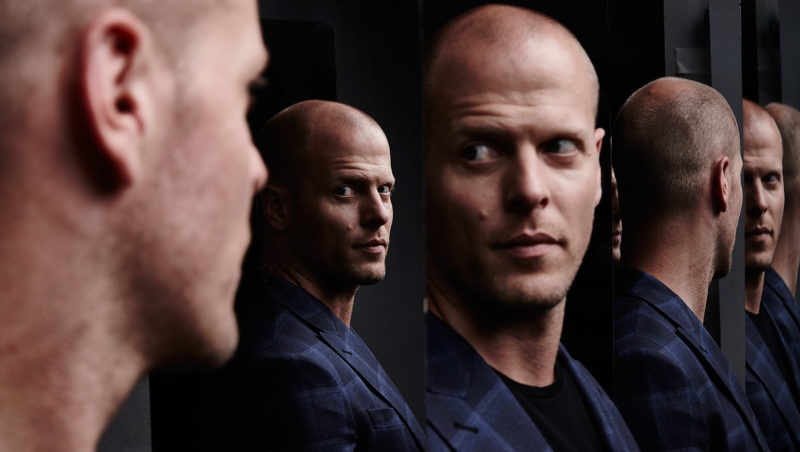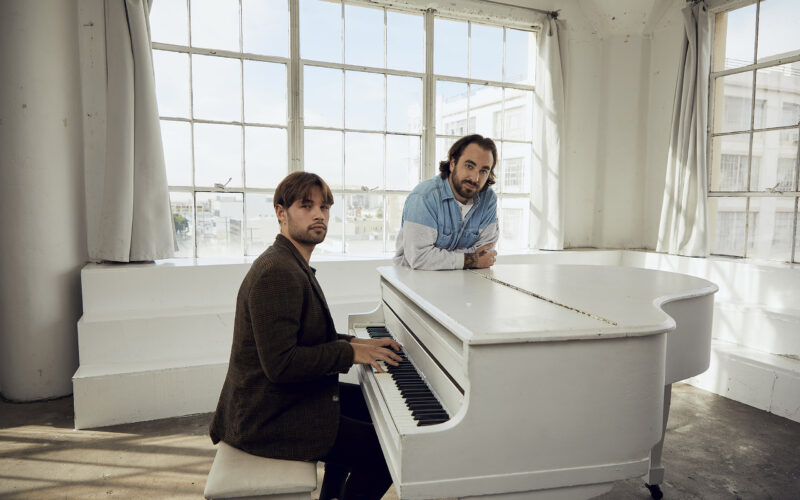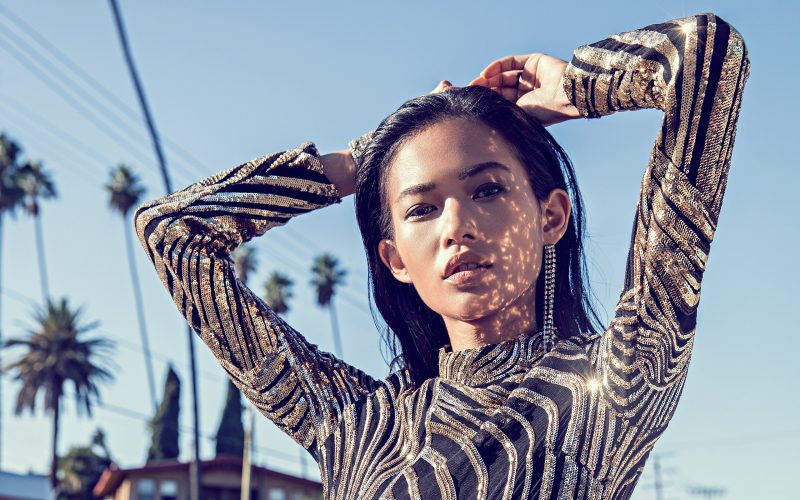Spirit & Flesh Q+A
Answers by Benjamin Palmer, Chairman and Co-founder of The Barbarian Group.
Spirit & Flesh: Tell me about your background: Where did you grew up?
Benjamin Palmer: “I grew up in the woods in the Berkshires in western Massachusetts, a pretty idyllic little town that was full of ageing hippies, near Jacob’s Pillow (a modern dance institute) and Tanglewood (a classical music venue) which were pretty influential to the whole area. A lot of sophisticated culture for such a small town.”
S&F: What did you like to do as a child?
BP: “Mostly I liked playing in the woods and reading when I was young. Usually, I read a few books a week and when I met strangers I asked them a lot of questions.”
S&F: Who did you want to be growing up?
BP: “I was really into hard science, I actually went to school for physics and chemical engineering, but I dropped out when I realized that I had a pretty fanciful notion of a scientist’s lifestyle.”
“Advertising has fast timelines with great budgets, and what I really wanted was to just make as much stuff as fast as possible because it was the early days of the medium. That was so exciting”.
S&F: How did you start your advertising career?
BP: “When I first saw the Mosaic web browser in the 90s, I thought, ‘This is the shit’. I spent most of the late 90s as a solo artist designing and building sites and apps. My agent at the time had an ad agency gig working on Volkswagen and asked if I was interested. It was a really fun experience and I met some smart people, but at the time, a lot of the projects I was working on were kind of slow and boring. Advertising has fast timelines with great budgets, and what I really wanted was to just make as much stuff as fast as possible because it was the early days of the medium. That was so exciting.”
S&F: Did you have mentors?
BP: “I met a lot of smart people along the way, but I think it was more about peers than mentors. When I was learning everything in the early days, I was part of the first wave of web developers, so there wasn’t really anyone too far ahead. It was more like looking sideways, sharing and learning as we all figured it out.”
S&F: What inspired you to start The Barbarian Group?
BP: “I was freelancing for a few years at a various advertising agencies in Boston and New York and started to get an idea of what I wanted to do in the digital world and advertising. I also was meeting other talented people who would end up being my co-founders or future barbarians. The main thing I wanted at the time was to work around exclusively digital people, and advertising agencies didn’t offer that environment. I also learned how traditional production companies worked for TV commercials – mainly that agencies would outsource some of the creative and all of the production to outside directors and companies. I thought that could easily exist in a digital sense, so working for traditional ad agencies was the main business for the first six years of the company. In the last seven years, we’ve evolved into our own version of a modern advertising agency that combines creative skills, brand strategy, media planning and account service with the latest technology and digital media.”
S&F: How did you come us with the name for your company, The Barbarian Group? How do you want people to understand it? What does it represent?
BP: “Well, it got into the mix as a bit of an accident. Two of my co-founders were talking about a videogame called ‘Civilization’, and how the Barbarians were really hard to defeat. I thought they were suggesting a name, but in the end it won out as it represented a certain fearless spirit that we have here when heading into the unknown future.”
“I really encourage self motivation and peer motivation. The Barbarian Group is a really open environment and the kind of place where if you have an idea, you can go and do it. Or if you spot a problem and you think you have a solution, just solve it.”
S&F: The slogan “It’s gonna be awesome” sounds great! What was the thinking process and what message do you want it to project?
BP: “When we were a smaller company, most of our proposals were pretty small. It was one or two pages of a creative treatment, ending with pricing and timing. It seemed like no fun to have a clever idea and then sign off with ‘aaaaand two hundred thousand dollars please.’ So, I started adding “It’s gonna be awesome” as our proposal sign off. Then a couple years later, my co-founder Rick Webb dropped some legal documents on my desk and was like, ‘I got us the international trademark.’ Really funny.”
S&F: Tell us about The Kitchen and your involvement with it. What inspires you to be a part of it?
BP: “I love The Kitchen. It’s a non-profit, multidisciplinary art space in NYC that was started by video artists in the 70s. People like Philip Glass, Laurie Anderson, and Talking Heads got their first break at The Kitchen, and to this day, it’s still a respected place where emerging and established artists try new things. What I love most about The Kitchen is that it’s still dangerous; the art you see there is pushing boundaries and sometimes fails. But when it hits, it’s some of the most amazing art you’ll ever see. That’s pretty unique in the NYC art world…It’s all pretty safe out there, so it’s a really exciting thing to be part of.”
S&F: Why Empire Mayonnaise? Seems like a big leap from everything else that you do. How did it come about and what kind of brand is it? What is your role with the Empire Mayonnaise?
BP: “I’m co-owner, along with my wife, Elizabeth Valleau (who is a talented creative director and artist/musician), and chef Sam Mason. We came up with the idea when we realized that there wasn’t a fancy mayonnaise brand in the USA. We really like food and thought it would be interesting to apply our branding and marketing skills to a product that we own vs. a client. So far it’s been a success!”
S&F: With 15 years as one of the leaders in the advertising internet world, what are some of the most valuable lessons you’ve learned about digital community?
BP: “Authenticity is really important. Your audience might be using the Internet for entertainment, but it’s also everyone’s daily tool for news and research. It’s not a medium like film or TV where ‘suspension of disbelief’ is the norm or the objective, so you’re not really preaching at people or trying to convince them from afar. You are kind of in it with them, interacting and trying to bring them along on an adventure.”
“My workflow is a little chaotic. I try to consume as much information as I can… and then figure out how to make unusual connections between everything.”
S&F: What is your workflow? Where do you find inspirations?
BP: “My workflow is a little chaotic. More often than not, the good ideas come from connecting two or more disparate thoughts from different parts of culture, tech, and experiences. Essentially I try to consume as much information as I can, talk to lots of different people and have unique experiences. And then figure out how to make unusual connections between everything. Sometimes, if I feel like I’ve been repeating the same habits for a long time — particularly in what I read or do online — I will intentionally try to change that.”
S&F: What do you do to recharge? How do you like to spend your personal time outside of our work?
BP: “I like to travel, and I tend to a lot for work and pleasure. I like art (both experiencing it, and working on personal or group projects). I’m an advisor or board member for a few businesses and startups, which is a really rewarding way to apply my experiences and help other people. I like music so I see a lot of live shows and will sometimes travel with friends to see music/art festivals.”
S&F: How is your home similar and different to the space and environment you created at work?
BP: “Well, I don’t have a giant desk at home. I don’t actually even have a desk or a home office set-up. My home is more for relaxing and entertaining. It’s a loft in Soho where I have a huge movie screen with a projector and some comfortable couches. I do plenty of work at home, but my main computer is attached to the wall in my kitchen at standing height. If I’m doing work, I will work standing and then sit down when I’m done.”
S&F: What are some of the sacrifices you have made to get to where you are now? What are some of your most proudest moment?
BP: “I think there were a lot of times early on where I worked every day for years, and the financial wisdom of this wasn’t clear. It’s rough starting a business, especially if it’s project-based and you don’t have financial visibility beyond a few months. Sometimes you don’t get a lot of sleep. Now, I think we’ve built a really smart business with a great culture. We have an amazing team leading it and prioritizing great ideas. I am proud of our work, but I think I’m even prouder of the fact that we are still here and it’s still fun after 13 years.”
S&F: What is your management style? How do you keep your people happy, motivated, and hardworking?
BP: “I really encourage self motivation and peer motivation. I’m not a micromanager usually (unless I’m super obsessed with a particular project). The Barbarian Group is a really open environment and the kind of place where if you have an idea, you can go and do it. Or if you spot a problem and you think you have a solution, just solve it. I focus on big things these days like environment, culture, staffing and what types of business and clients we bring in.”
S&F: What is the current “character” of the internet and how does it compare to the past? What is the next in the evolution of the internet?
BP: “I think the Internet is slowly disappearing. Everything is going to be online, so the idea of going online won’t really be a concept anymore. People will have more stylized experiences based around functionality with objects or environments. New media companies are creating siloed channels and it will be different, so we will have to figure out new ways of talking to people. The fun thing about this job is that it’s always changing.

